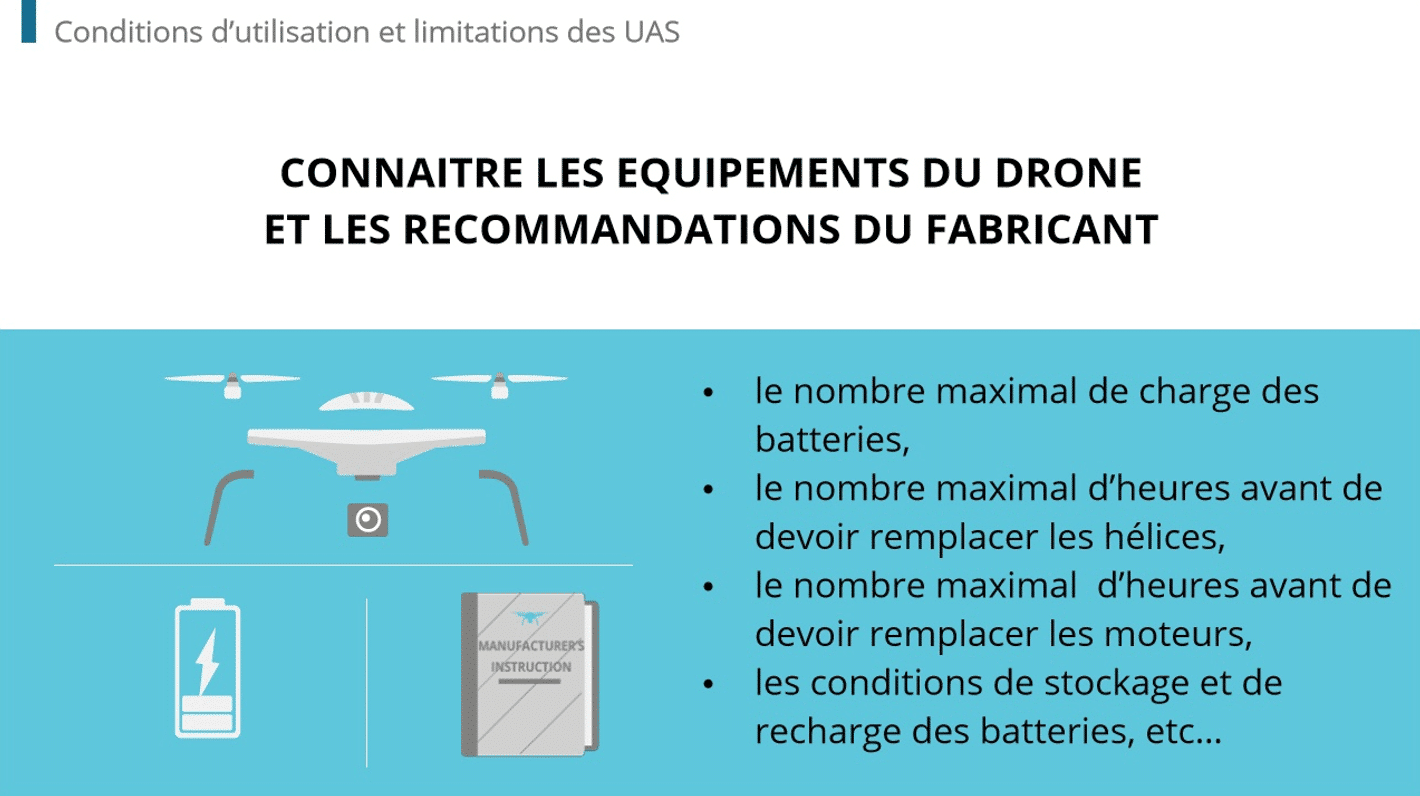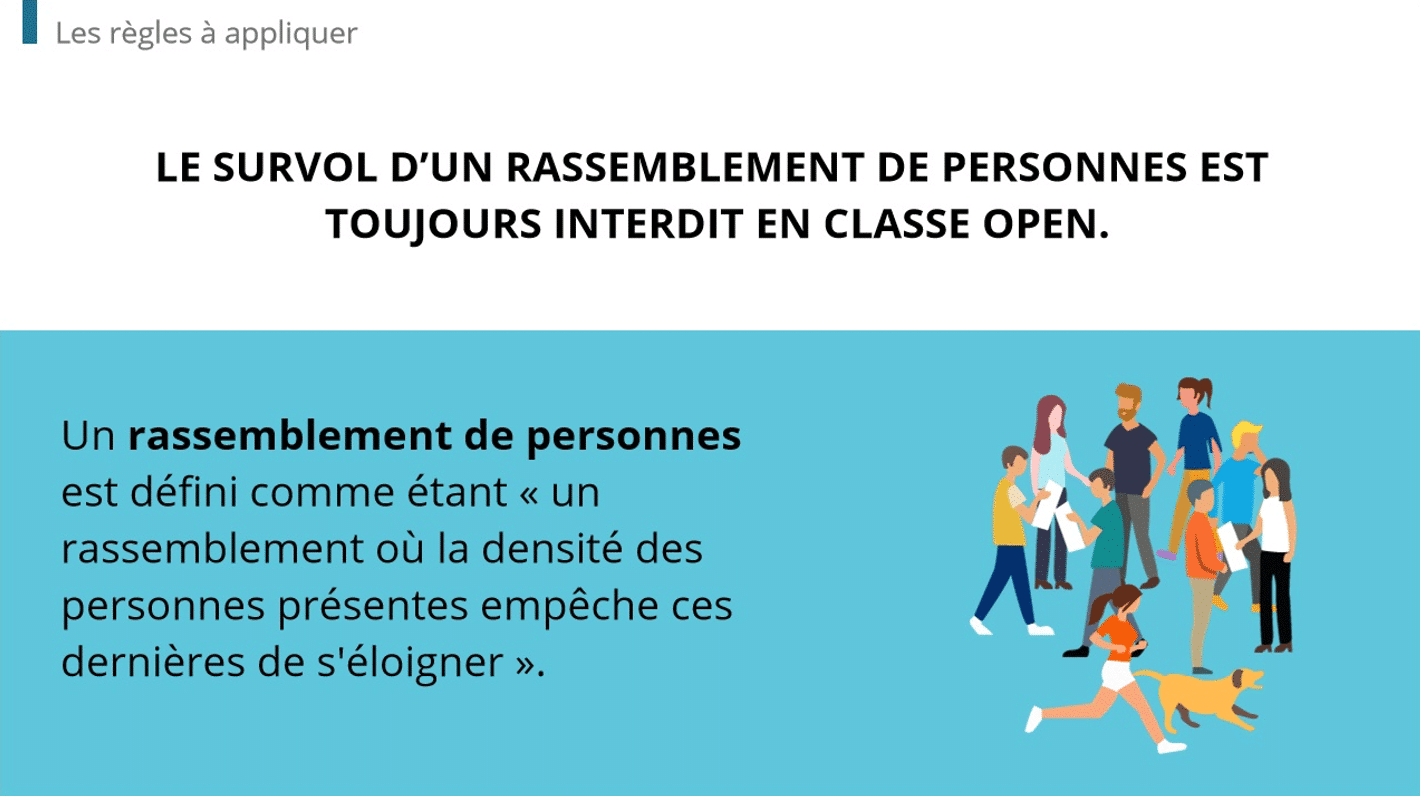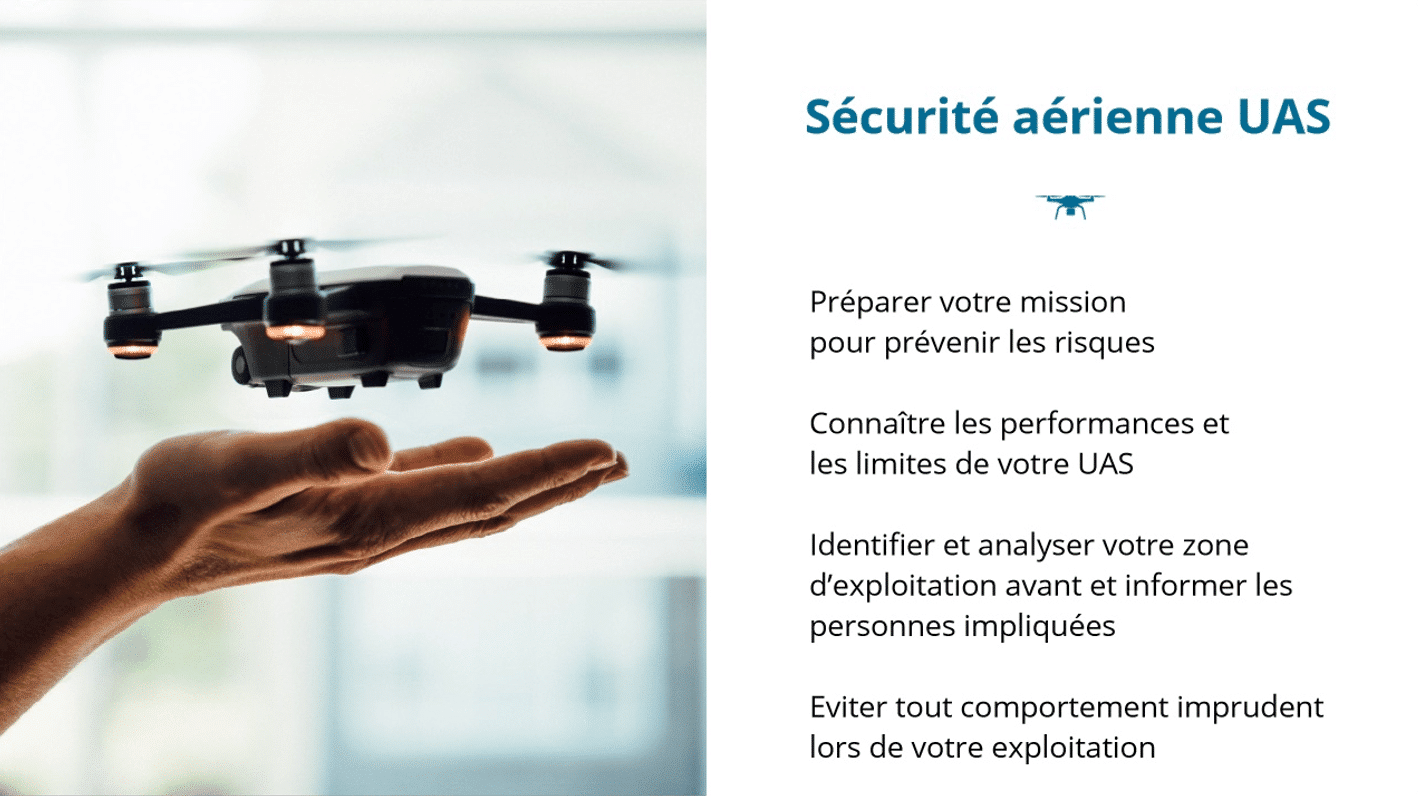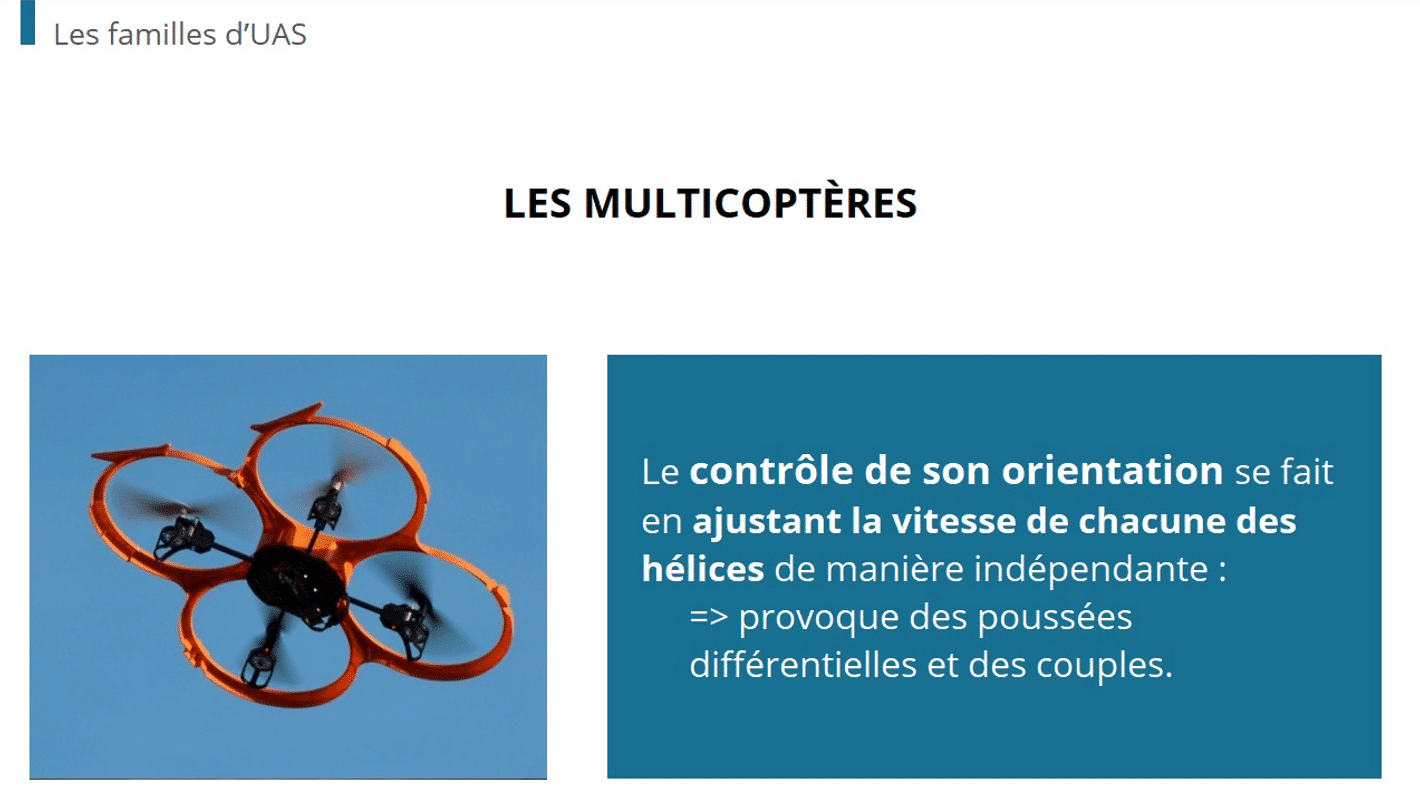Healthcare has to overcome the digital divide. Understand how these 3 trends led to the digitization of healthcare and what they mean for staff training.
The days of crowded waiting rooms and office buildings are becoming a relic of the past for the healthcare industry.
Like many industries, healthcare has been transformed by the pandemic. In the age of social distancing, healthcare staff are working with new tools and processes to stay safe. In practice, that means staff are using more digital tools than ever before.
But are they truly ready for the digitization of healthcare?
Digital patient tools, remote work, and the financial impact of the pandemic have a real effect on your staff. There’s more room for errors, misunderstandings, and costly mistakes that not only frustrate your staff, but impact the quality of patient care, too.
Technology alone isn’t a solution. Even if your organization invests in digital technology, your workers’ skills have to mesh with that technology. After all, digital tools are useless if your employees can’t implement them in their daily work.
Healthcare organizations have to overcome the digital divide with smarter staff training. Understand how these three trends are leading to the digitization of healthcare and what they mean for your staff training needs.
1. Digital patient tools
A new trend is emerging: Many patients no longer want to manage their health from a doctor’s office. As a result of the pandemic, more and more patients want digital-first tools for accessing treatment and managing their healthcare needs.
With an ever-increasing reliance on:
- telehealth appointments,
- remote patient monitoring,
- online booking,
- insurance apps,
- paperless forms, and
- digital pain or symptom tracking
your healthcare staff is working with a mix of different digital tools. As an employer, it’s your duty to empower healthcare staff with training that addresses digital-first patient care.
Every staff member needs training and exposure to your digital patient tools. That means effective, online learning that helps them permanently adjust their workflow for these new tools. That includes how the platform works, deciphering digital data for patient outcomes, and staff accountability measures. A digital LMS like Dokeos empowers healthcare organizations to train staff on both tools and processes in a compliant, mobile-friendly environment.
2. Remote healthcare staff
While some healthcare staff work face-to-face with patients, other hospitals are asking employees to work remotely. With the increase in work-from-home staff, your organization is probably facing a mountain of new issues.
For example, if you employ pharmaceutical sales reps, their jobs can’t happen in-person right now. You have to train your sales team on the proper tools and processes to sell via Zoom or phone, which are very different.
Have you properly trained your newly-remote workers on how to do their jobs behind a screen? Are they fluent in the right technology to do their jobs? How do you know employees are fluent and effective?
Don’t over-digitize your organization without investing in the people side of your business, too. Overhaul your SOPs for digital-first healthcare and train your employees on how to operate within the new normal.
3. Increased cost-cutting
Cost-cutting is a must for hospitals and other healthcare organizations during the pandemic. Inpatient procedures account for 50% of hospital revenue, but they declined by 99% at the beginning of the pandemic. In the shadow of COVID-19, healthcare organizations are feeling pressure on their budgets.
Skills training boosts employee performance, helping you do more with your existing talent resources. This is especially important if you’re investing in digital tools and new processes; staff have to understand their new role in a highly automated workplace.
Machines can’t do everything. You can digitize data entry and analytics, but you can train employees on the human side of healthcare. For example, you might train your data entry team on analysis and strategy instead.
While many healthcare organizations are cutting costs, training your existing employees will net you better results over time. An LMS like Dokeos helps you invest in your people, making the most of your current resources while increasing output—minimizing costs while maximizing results in the long term.
Train now for the digitization of healthcare
Healthcare is digitizing, and fast. Digital patient tools, remote work, and cost-cutting mean you need to train and empower your team right now. The pandemic has permanently altered healthcare, encouraging digital-first work. It’s on you to increase employee value and improve patient outcomes with digital training.
But don’t invest in tools and assume your team will use them correctly. Fill the gap between tools and skills with effective online training to become a digital-first organization beyond 2020. Dokeos LMS is HIPPA compliant and allows healthcare organizations to boost employee confidence while maximizing efficiencies.
Contact us to launch your digital learning project.
















